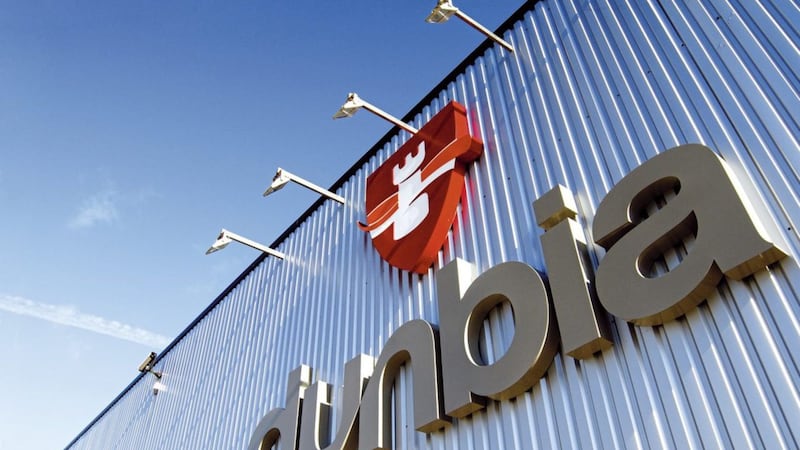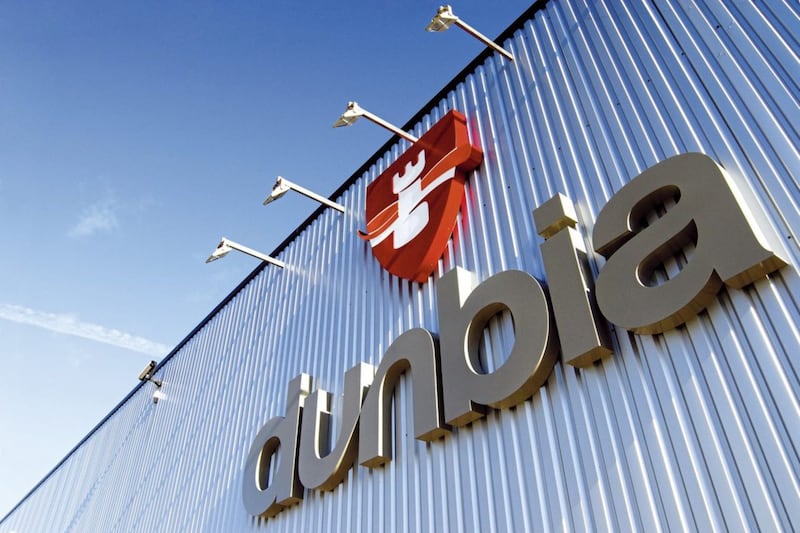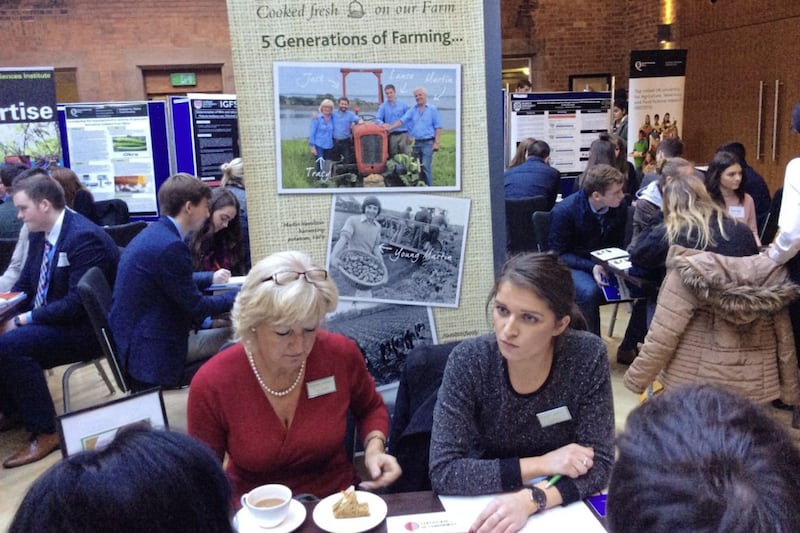DUNGANNON meat producer Dunbia has smashed through the billion pound sales threshold for the first time.
And the group revealed that it is "well-positioned" to avail of any opportunities which might arise from the Brexit outworking.
Dunbia, started by brothers Jim and Jack Dobson in 1976 as a humble butchery business in Moygashel, saw its 2018 turnover soar to £1,090 million, its latest group-wide accounts show.
That was a rise of more than £400 million, though is set against nine-month accounts previously filed.
It is the group's first full reporting year since merging with Waterford-based firm Dawn Meats in 2017.
The combined businesses in the UK and Ireland process around 900,000 cattle and close to three million sheep every year.
Dawn Meats was established in 1980, and has grown to a business with over £2 billion in annual revenue, employing more than 7,000 staff in 10 countries.
Dunbia has filed separate result for the UK-wide company (where founder Jim Dobson is chairman) and has also broken down the accounts for its Northern Ireland-specific business.
At a UK level, the group's operating profit on that £1bn-plus turnover was just £6.3 million (a wafer-thin margin of just over 0.6 per cent).
This drop from £8.3m previous was primarily due to reduced output prices and higher lamb input prices, together with increased labour costs and other costs associated with the restructuring and integration of the business.
Employee numbers in the UK business fell by more than 400 from 4,869 to 4,433, and followed the closures of a number of manufacturing facilities including Felinfach in west Wales.
In Northern Ireland, where the company has its roots (its base is still in Dungannon's Granville industrial estate), the Dunbia operation had sales of £236.3m compared to £179.1m on the shorter previous reporting period, which actually equates to a decrease on a pro-rata basis.
The decline, the company said, was mainly due to a reduction in hides sales, though slightly offset by an increase in retail volumes.
The NI accounts show that its bottom line profit for the year was £3.6m against just £993,000 in the previous nine-month period.
Regionally, Dunbia staff numbers, in common with that of its parent, slipped back (down to 938 from 1,061 previously), but the company's wages bill rose to just shy of £26m from £19m (exceptional items here included £119,000 relating to the closure costs of group sites).
In notes with the accounts, Dunbia (NI) says its strategy for the coming period will be product development and volume growth, though it warns that the meat industry is "a highly competitive sector which is heavily regulated by the EU".
On Brexit, the company says the potential effects identified are most noticeably on exchange rates and tariffs in relation to goods and services.
But the directors add: "We remain flexible to redirect our business as greater clarity emerges, so we are well positioned to face challenges and avail of opportunities that might arise."
Dunbia says the combined businesses in the UK are "highly complementary", and will offer customers regionally sourced solutions for both beef and lamb from a dozen facilities across Scotland, England, Wales and Northern Ireland.








